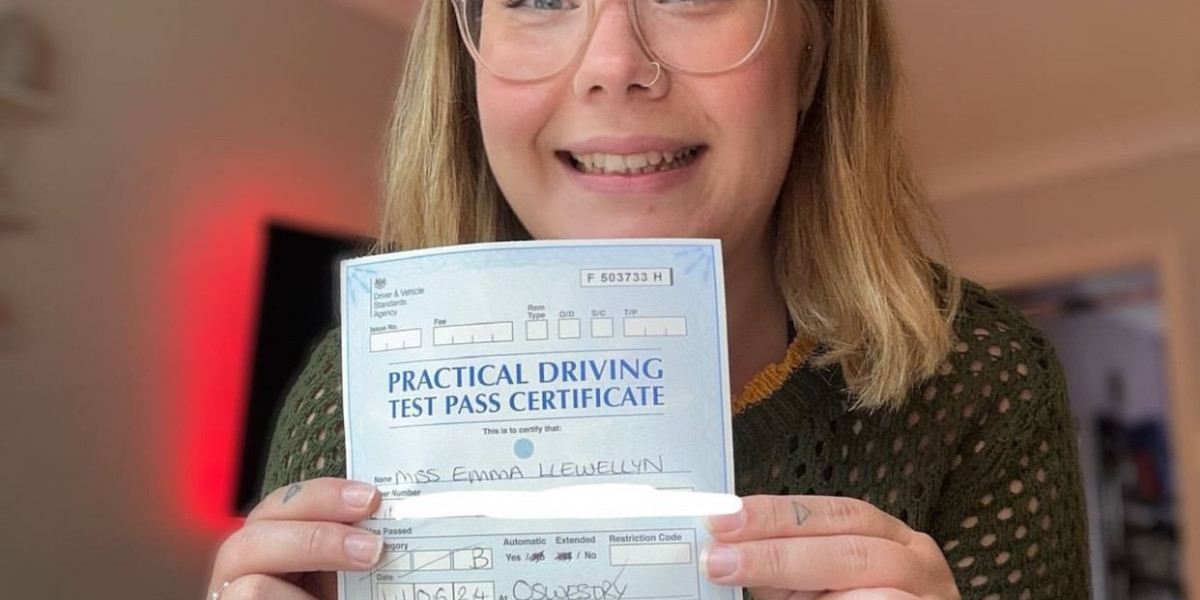Understanding Replacement Keys: Your Guide to Key Duplication and Replacement Options
Keys are an important part of daily life, acting as the entrances to our homes, automobiles, and other protected areas. Nevertheless, losing or damaging a key can result in significant trouble and expenses. Replacement keys offer a useful solution, however the procedure can vary depending on the type of key and the company. This article will explore the different kinds of keys, the replacement procedure, and provide crucial information to assist you browse the world of key duplication and replacements.
Tabulation
- Introduction
- Types of Keys
- 2.1 Traditional Keys
- 2.2 Transponder Keys
- 2.3 Key Fobs
- 2.4 Smart Keys
- The Replacement Process
- 3.1 DIY vs Professional Replacement
- 3.2 Cost Considerations
- Often Asked Questions
- Conclusion
1. Introduction
Replacement keys are important in circumstances where the initial key is lost, stolen, or harmed. Comprehending your choices and the replacement procedure can save time, money, and tension. Whether you require a basic metal key or an advanced electronic key, understanding the right steps can lead you to the very best solution.
2. Kinds of Keys
Keys can be found in different forms, each representing different locking systems. Here are the most common types of keys:
2.1 Traditional Keys
Conventional keys are typically made from metal and have an uncomplicated design. They are frequently utilized for property doors and simple locks.

- Pros: Easily duplicated, cost-effective.
- Cons: Can be easily lost or duplicated, less safe than modern-same day car key Replacement alternatives.
2.2 Transponder Keys
Transponder keys are geared up with a chip that interacts with the vehicle's ignition system. They provide additional security against unauthorized usage.
- Pros: Enhanced security, challenging to replicate without correct equipment.
- Cons: More expensive to replace, might need programs.
2.3 Key Fobs
Key fobs are remote gadgets typically utilized for keyless entry in automobiles. They might consist of extra functions such as panic buttons or trunk release.
- Pros: Convenience of keyless entry, features beyond simply locking/unlocking.
- Cons: Higher replacement expenses, might require dealership services.
2.4 Smart Keys
Smart keys utilize sophisticated technology, often enabling access without eliminating the key from your pocket or bag. These keys communicate wirelessly with the vehicle.
- Pros: Highly convenient, incorporated with innovative security functions.
- Cons: Expensive, can be hard to replace if lost.
| Type | Pros | Cons |
|---|---|---|
| Traditional Keys | Easily duplicated, cost-efficient | Quickly lost, less safe |
| Transponder Keys | Improved security | Costly to replace |
| Key Fobs | Practical, additional functions | Greater replacement costs |
| Smart Keys | Extremely hassle-free | Very pricey |
3. The Replacement Process
The process of getting a replacement key differs based on the type of key and where you choose to opt for replacement. Below are the primary choices:
3.1 DIY vs Professional Replacement
- Do it yourself Replacement:
- Use key duplication sets readily available at hardware shops.
- Program transponder keys using gadgets that may be leased or bought.
- Professional Replacement:
- Visit a locksmith professional for traditional keys.
- For modern keys (like fobs or wise keys), it might be required to go to a car dealership or specialized company.
3.2 Cost Considerations
The expense of replacement keys can differ significantly based on the type:
- Traditional Keys: ₤ 1-₤ 5 per key.
- Transponder Keys: ₤ 50-₤ 150 per key (including shows).
- Key Fobs: ₤ 50-₤ 300 or more, depending upon the model and features.
- Smart Keys: ₤ 200-₤ 600, often depending on dealership costs and shows.
Cost Comparison Table
| Key Type | Quote Cost | Where to Replacement |
|---|---|---|
| Conventional Keys | ₤ 1-₤ 5 | Local hardware stores |
| Transponder Keys | ₤ 50-₤ 150 | Locksmith professionals or dealerships |
| Key Fobs | ₤ 50-₤ 300 | Car dealerships |
| Smart Keys | ₤ 200-₤ 600 | Dealers |
4. Regularly Asked Questions
Q1: How can I get a replacement key for my car?
To get a replacement key for your car, contact your dealership, a certified locksmith professional, or a specialized key service. You might require to offer ownership evidence, such as registration.
Q2: Are all keys quickly duplicated?
Not all keys can be duplicated quickly. Conventional keys can be quickly copied, while transponder keys and clever keys may require customized devices or programming, making them harder and more expensive to duplicate.

Q3: What should I do if I lose my last key?
If you lose your last key, it's advisable to call a locksmith or your car dealership right away. Having your vehicle recognition number (VIN) or proof of ownership ready will expedite the replacement process.
Q4: Can I replace a wise key in your home?
Typically, smart keys require expert help to replace, as they frequently involve programming that can't be done utilizing DIY approaches. Visiting a car dealership is recommended.
5. Conclusion
The world of replacement keys incorporates a range of choices, each with its factors to consider concerning cost, ease of access, and benefit. Knowing the distinctions in between conventional and electronic keys, as well as comprehending the replacement procedure, can considerably reduce the burden of losing or harming your keys. Needs to the unfortunate situation develop where a key is lost or damaged, being informed about your alternatives ensures a smoother replacement experience.








